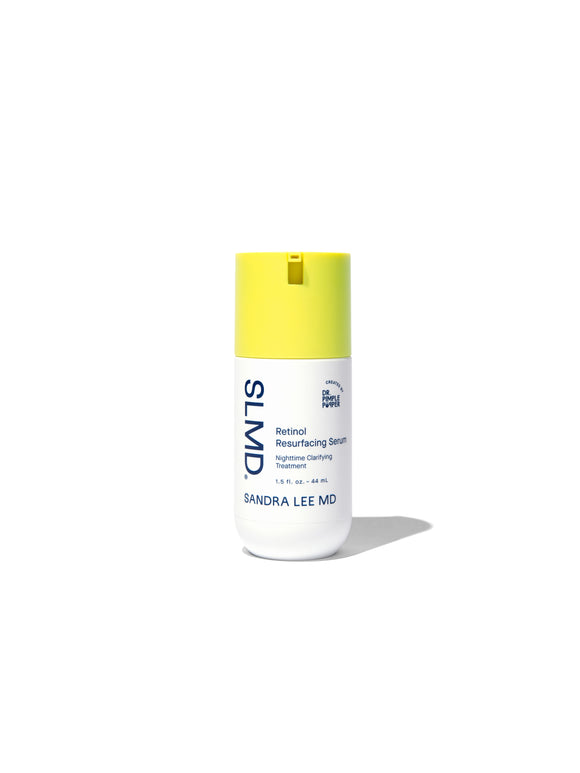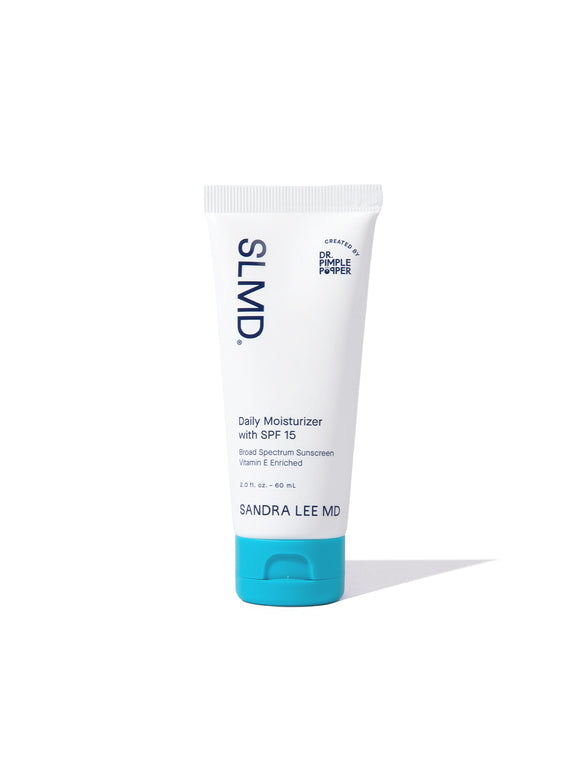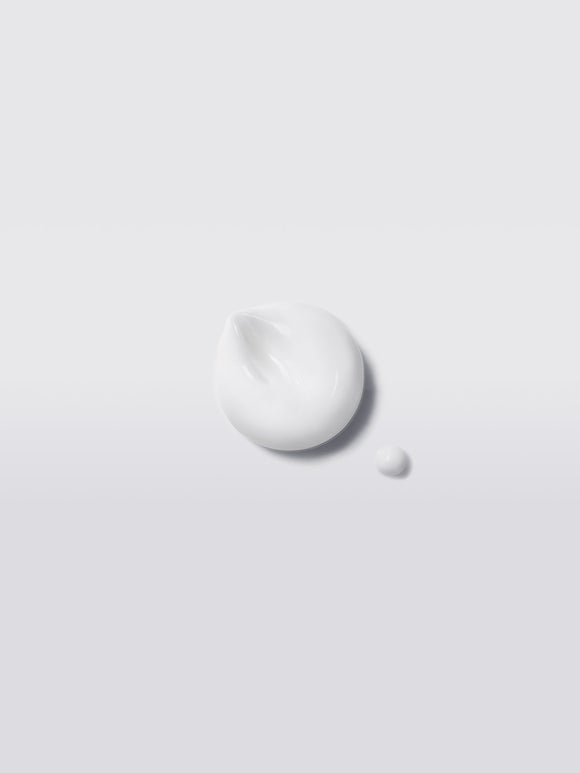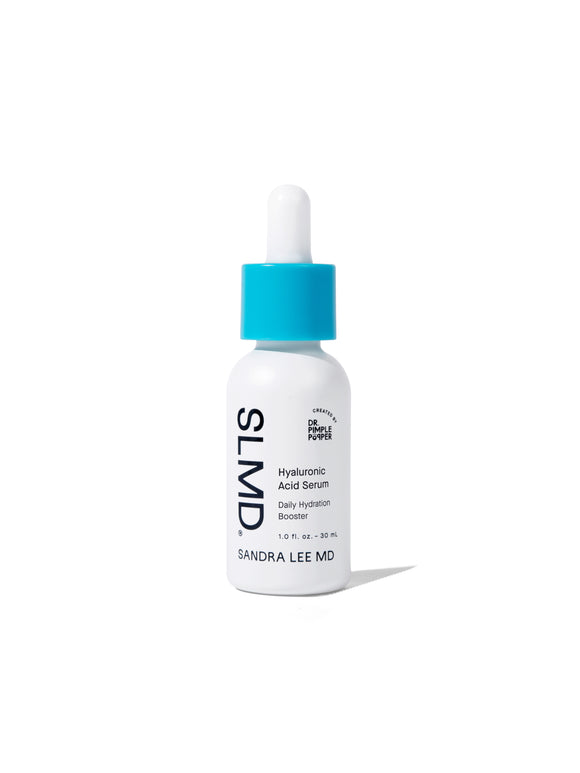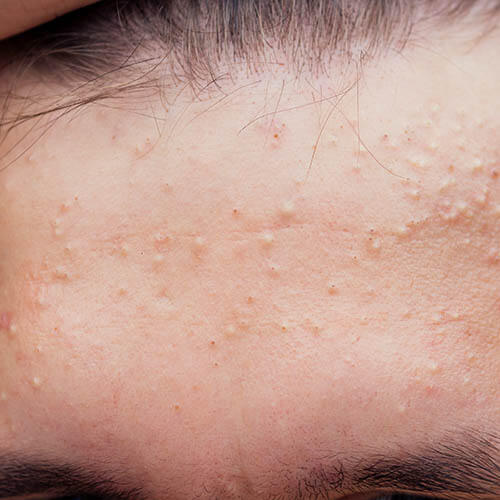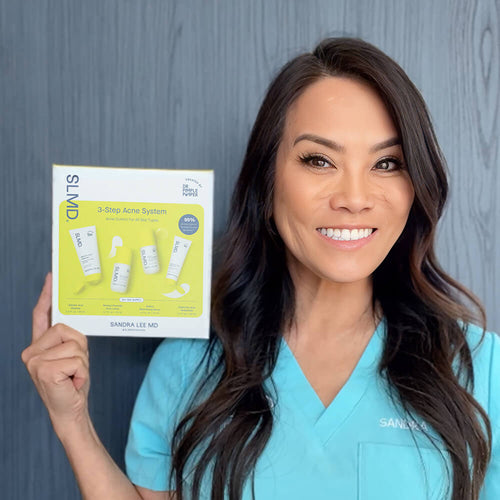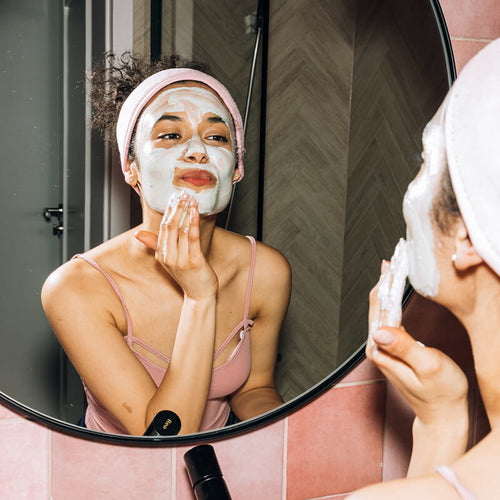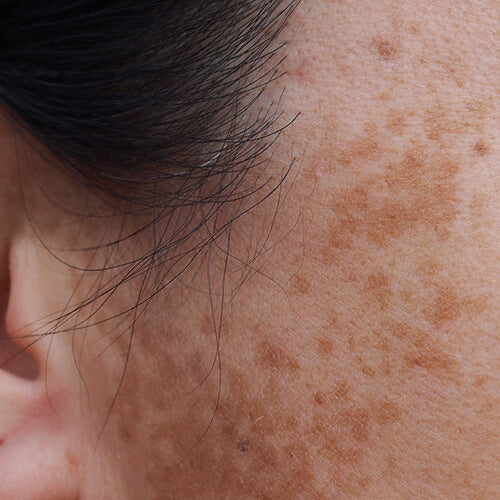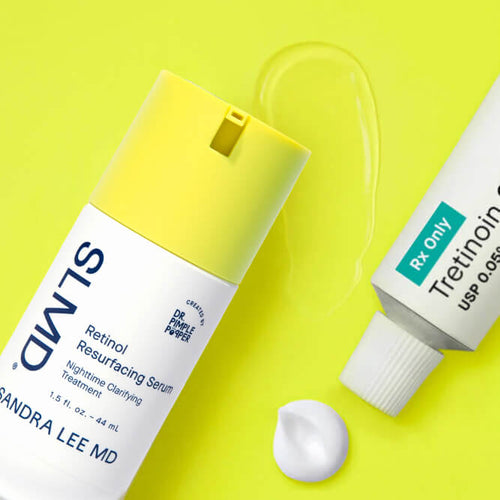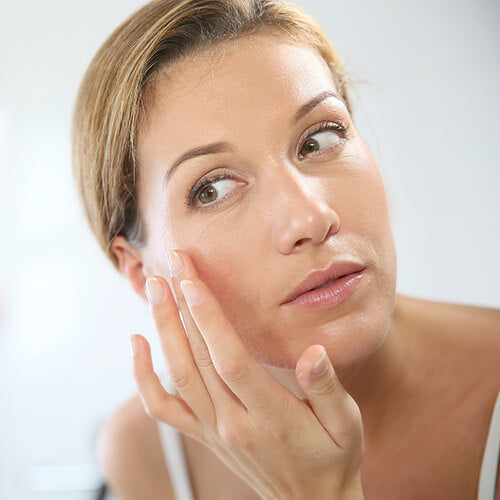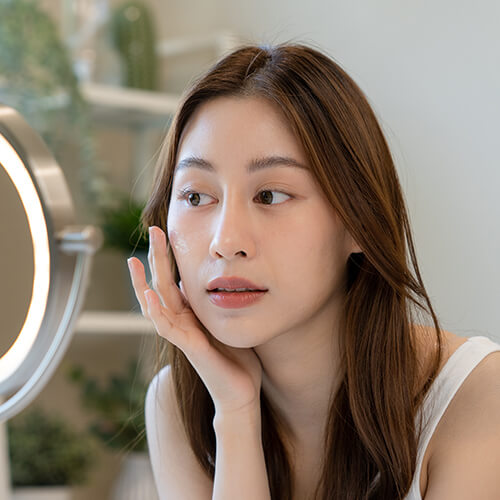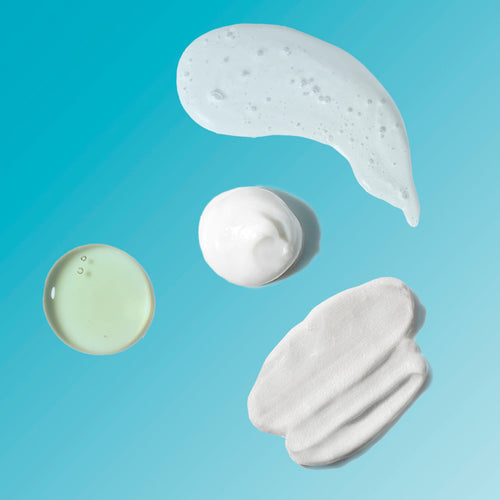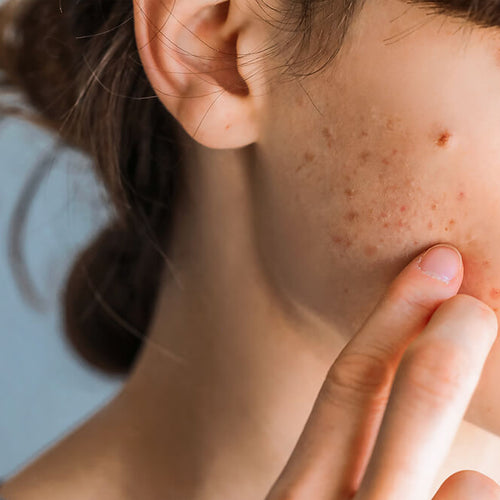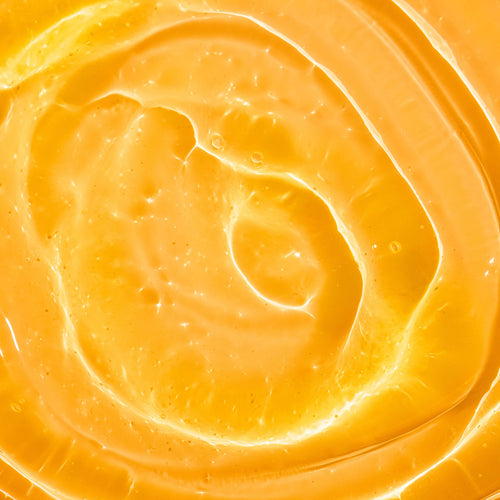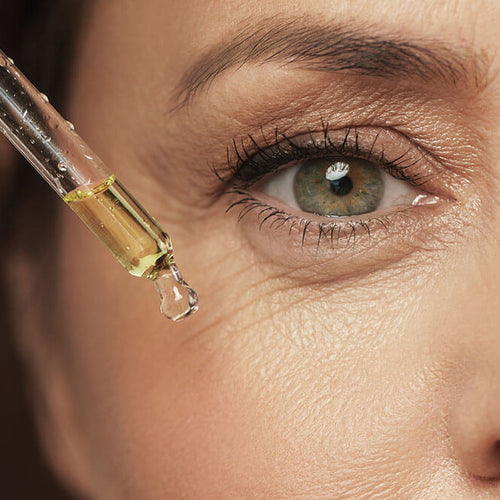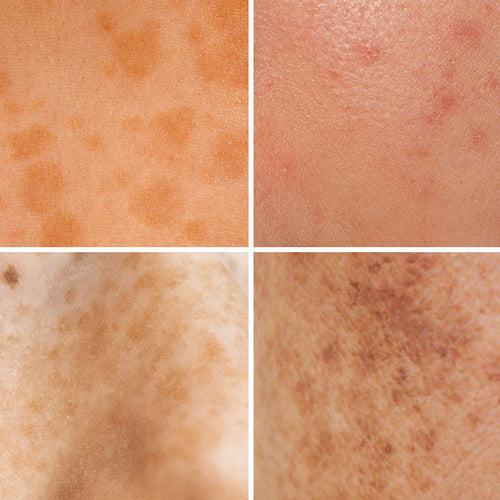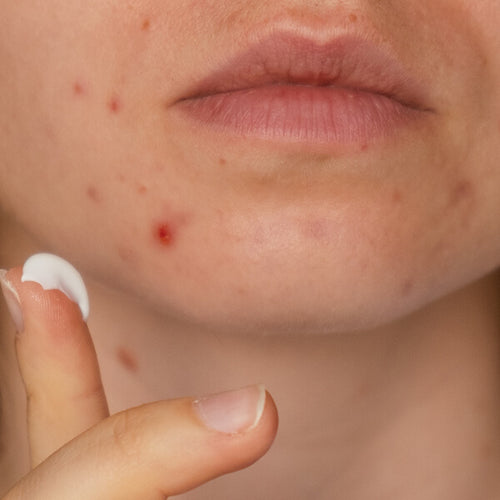
Does Retinol Make Skin More Sensitive to the Sun?
Dr. Pimple Popper sheds light on one of the most common misconceptions about retinol.
Published:
3 minute read
Retinoids are among the most popular and effective skincare ingredients — but there’s long been confusion about how they interact with the sun. Do they actually make your skin more sensitive to UV rays? We asked SLMD founder and board-certified dermatologist and SLMD Skincare founder Sandra Lee, MD (aka Dr. Pimple Popper) to help clear things up.
Here’s what you need to know about retinoids and sun sensitivity.
Article Quick Links
What is photosensitivity?
Photosensitivity refers to a reaction triggered by light exposure — typically ultraviolet (UV) rays — after using certain medications or skincare ingredients. It can cause skin to burn more easily or develop rashes.
There are two main types:
- Phototoxicity: A common, sunburn-like reaction that occurs soon after sun exposure
- Photoallergy: A rare allergic reaction that may appear hours or days later
Photosensitivity is a known side effect of some drugs, like antibiotics and alpha hydroxy acids (AHAs). The question is: do retinoids fall into this category?
Do retinoids cause sun sensitivity?
So, do retinoids really make your skin more sun-sensitive?
Not exactly. Most topical retinoids — like tretinoin, adapalene, and even over-the-counter retinol — don’t increase your skin’s sensitivity to UV rays in the clinical sense (called photosensitivity). Instead, they can temporarily irritate the skin and compromise the barrier — which makes it easier to burn if you’re not protecting your skin properly.
True photosensitivity happens when a product or medication triggers a chemical reaction that causes the skin to burn more easily with UV exposure. Retinoids don’t do this — they just leave skin more vulnerable while it's adjusting.
This early period is known as retinization — where redness, flaking, and dryness can occur. These effects can mimic or intensify sunburn symptoms, which is why sun protection is still crucial.
Dr. Pimple Popper's Retinol Routine Picks
Does retinol make skin sun sensitive?
Retinol — the over-the-counter version of a retinoid — is generally milder but can still cause temporary irritation. While it likely doesn’t trigger a chemical photosensitivity response, retinol can make your skin more prone to burning if you’re not using proper protection.
Bottom line: It’s not that retinol causes photosensitivity, but your compromised skin barrier needs extra care — especially in the sun.
Sun safety tips when using retinoids
According to Dr. Lee, protecting your skin from UV rays is essential when using retinoids — not just to avoid irritation, but to maintain your results.
- Use daily sunscreen: Apply a broad-spectrum SPF 15+ every morning — even on cloudy days. Try: SLMD Daily Moisturizer with SPF 15
- Apply in the evening: Use your retinol or prescription retinoid at night to reduce sun interaction.
- Hydrate and buffer: If you're new to retinoids, pair them with a hydrator like hyaluronic acid to reduce dryness. Try: SLMD Hyaluronic Acid Serum
- Cover up: Wear hats, sunglasses, and sun-protective clothing.
- Avoid peak hours: Stay out of direct sun between 10 a.m. and 2 p.m.
Sun safety and retinoids: FAQs
Q: Is retinol considered a photosensitizing ingredient?
A: No — studies show that retinol does not cause true photosensitivity. However, it can irritate skin and temporarily weaken the barrier, which makes sunburn more likely.
Q: Can I use retinol in the summer?
A: Yes! Just make sure to wear sunscreen daily and avoid overexposure to sunlight, especially during peak hours.
Q: How can I reduce irritation while using retinoids?
A: Start slowly (every 2–3 nights), apply to dry skin, and follow with a gentle moisturizer to buffer irritation.
Q: When should I stop using retinoids due to sun exposure?
A: It's best to consult your dermatologist, but you generally don’t need to stop unless you’re dealing with a severe sunburn, planning extended sun exposure (e.g. beach vacation), or your doctor advises it.

Dr. Lee's Last Word
Retinoids are powerful — but they don’t actually cause sun sensitivity in the way some people think. It’s more about giving your skin time to adjust and making sure you’re protecting your barrier. Stick with it, use SPF daily, and your skin will thank you.



